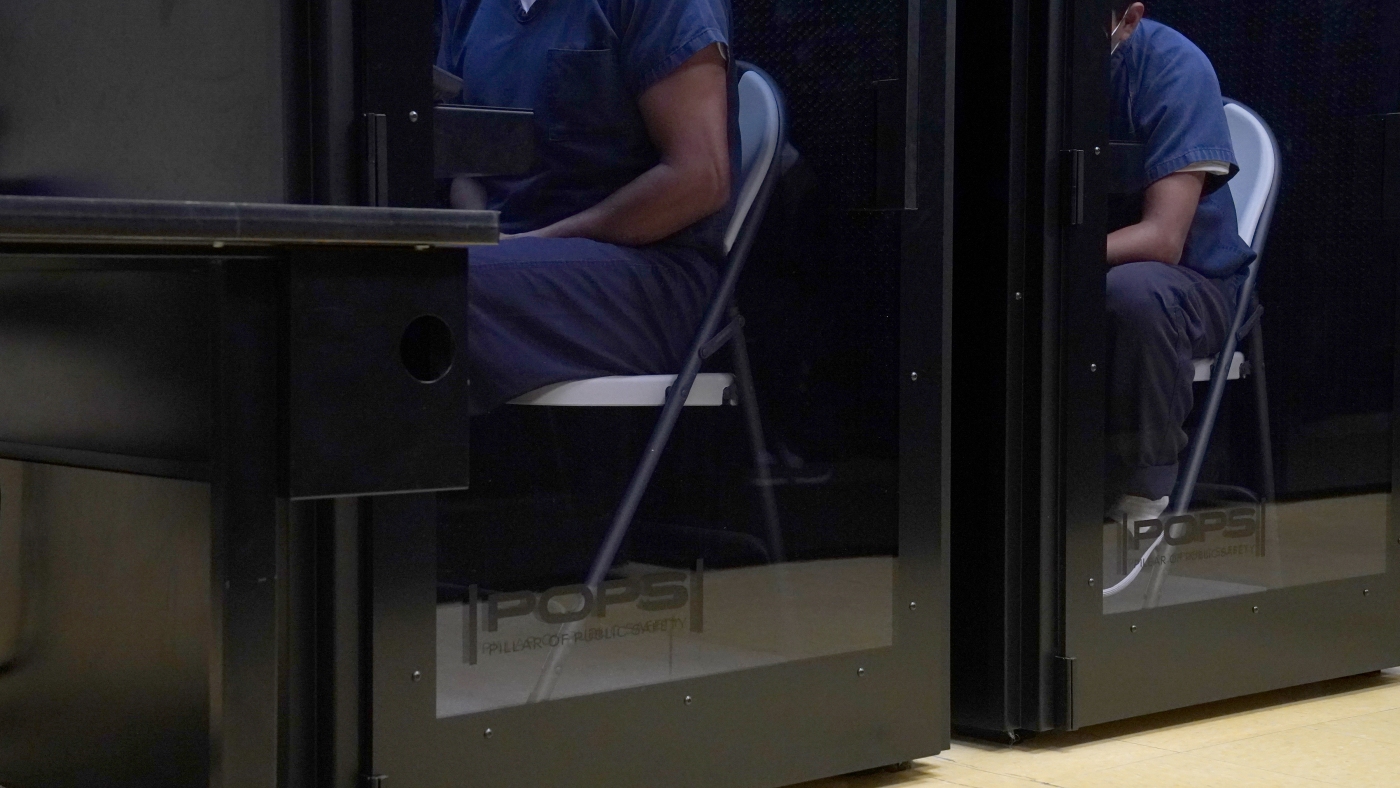Bill Proposal Sparks Debate Over Immigration Enforcement Costs and Feasibility
As Congress discusses a new immigration enforcement bill, the Department of Homeland Security (DHS) has raised concerns about the financial and logistical challenges of implementing the proposed legislation. The bill, named the Laken Riley Act, would require the detention and deportation of undocumented individuals charged with certain crimes, but DHS warns that the cost could reach $26.9 billion in the first year alone.
The Senate is currently considering amendments to the bill, which has already passed the House with bipartisan support. The legislation mandates federal immigration authorities to target individuals without legal status who have been involved in crimes like burglary and shoplifting. However, the Immigration and Customs Enforcement (ICE) agency has expressed doubts about its capability to enforce such measures without significant resource expansion.
The House recently passed the bill, highlighting a growing focus on border security amid political transitions in Washington. Although some Senate Democrats are open to the proposal, ICE’s internal estimates indicate the need for over 110,000 additional detention beds and more than 10,000 new enforcement personnel. Furthermore, the agency would require a significant increase in legal staff to manage immigration cases efficiently.
An ICE document reviewed by NPR clarifies that earlier cost estimates of $3.2 billion were inaccurate, as they didn’t account for the full scope of implementation. The initial figures were based on a capacity of only 60,000 detention beds, far less than the projected need.
Sen. Katie Britt, R-Ala., who introduced the bill in the Senate, has not commented on these logistical concerns. The House-passed version of the bill does not allocate funds for the additional resources ICE would need. Meanwhile, Senate Democrats and Republicans are negotiating amendments, but no definitive timeline for a final vote has been set.
The bill is named after a Georgia nursing student tragically killed by an undocumented Venezuelan man, whose crime history included a shoplifting charge. This incident has fueled Republican critiques of the current administration’s border policies. Critics of the bill, however, argue it could result in the wrongful detention of innocent individuals and emphasize research showing lower crime rates among immigrants compared to native-born citizens.
For more context on the Laken Riley Act and its broader implications, visit this Politico article for additional insights.





